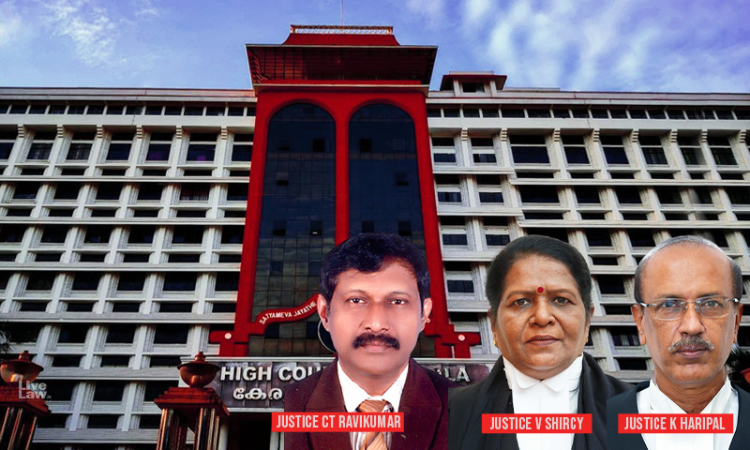Answering a reference against a division bench judgment, a 3-judge bench of the Kerala High Court has held that the publication of notice under Order 1 Rule 8 of the Code of Civil Procedure is not mandatory at the appellate stage of a representative suit.A 3-judge bench comprising Justices CT Ravikumar, V Shircy and K Haripal declared that the division bench judgment in Radha K.S. v....

